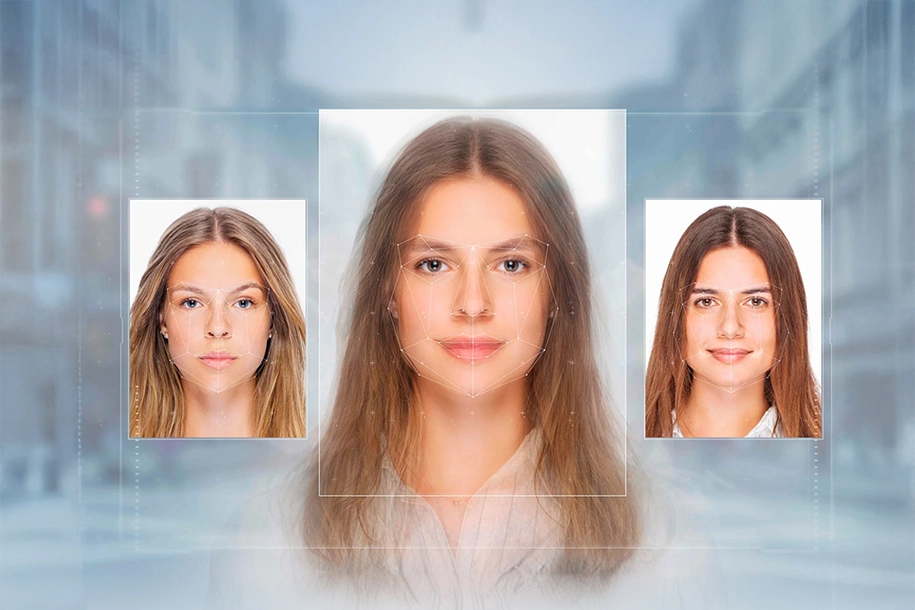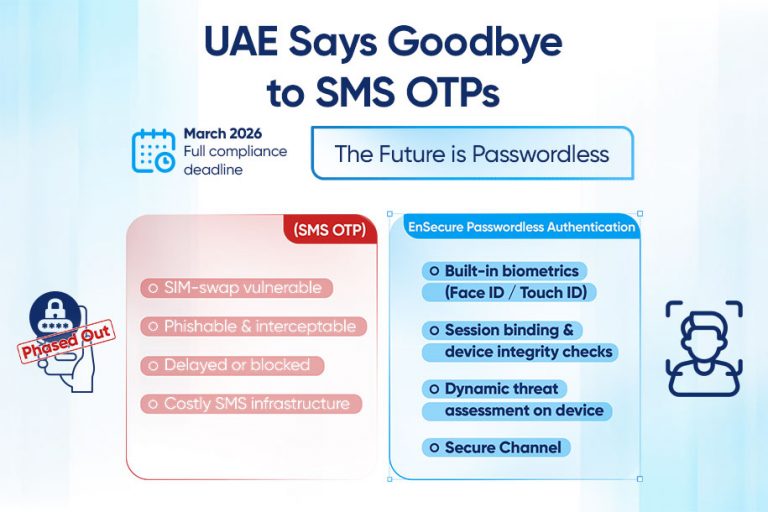Artificial intelligence (AI) is penetrating our lives from every angle. While this world-changing technology’s abilities are helping us in various ways, it is also spreading fear among consumers worldwide due to the increasing threats from deepfakes.
Deepfakes, a form of synthetic media generated through deep learning techniques, create highly realistic images, voices, and videos. Malicious actors exploit these to perpetrate crimes and disseminate misinformation. The prevalence of the deepfake threat is alarming, with hundreds of incidents reported worldwide weekly.
In March, two schoolboys in Florida were charged with producing indecent images of their classmates with deepfake. In April, a school athletic director in Baltimore was arrested for fabricating the principal’s voice through generative AI.
Fortunately, governments and companies are not sitting idly by. They are actively implementing measures to prevent the misuse of deepfakes for harmful purposes. For instance, Meta announced in April that it is introducing new policies to curb the spread of harmful AI content. Similarly, the UK government is preparing a new law to target individuals who produce indecent content using AI.

These actions are inevitable. A global survey revealed the public’s fear of deepfakes. Of 8,000 people surveyed in the US, UK, Singapore, and Mexico, 72% of surveyors expressed concerns about being scammed or targeted by deepfakes daily.
These fears stem from actual experiences, as 60% of the consumers stated that they encountered a deepfake video online in the last year (15% said they never saw one). The concerns towards deepfakes motivate people to have more privacy and security regulations and more prolonged procedures. 60% of the surveyors say that governments should impose more laws to stop deepfakes, while 70% are willing to spend more time in the ID authentication processes.
Biometric face recognition will likely be added to routine ID verification procedures shortly.
Discover the artificial intelligence-based, innovative and reliable EnQualify products created to counter Deepfake-focused dangers emerging in several sectors.



